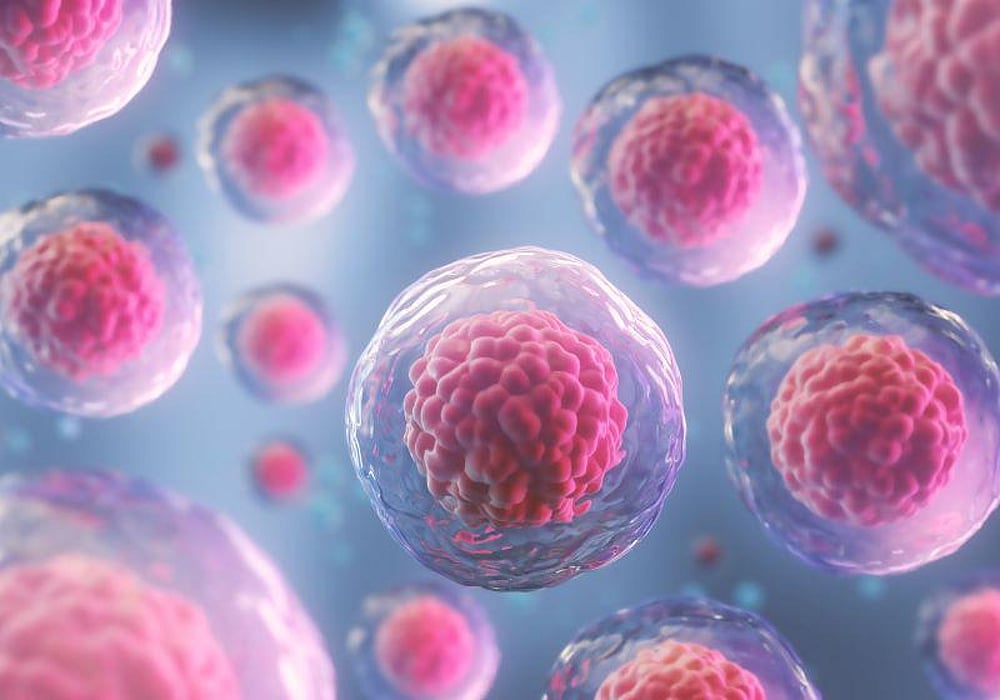aHSCT Beneficial for Most Patients With Relapsing-Remitting MS

TUESDAY, Sept. 26, 2023 (HealthDay News) -- Autologous hematopoietic stem cell transplantation (aHSCT) for treatment of relapsing-remitting multiple sclerosis (RRMS) yields freedom from disease activity for most patients, according to a study published online Sept. 25 in the Journal of Neurology, Neurosurgery & Psychiatry.
Thomas Silfverberg, M.D., from Uppsala University in Sweden, and colleagues examined the efficacy and safety of aHSCT implemented into routine health care for RRMS. The final analysis included 174 RRMS patients treated with aHSCT.
The researchers found that the Kaplan-Meier estimate for no evidence of disease activity was 73 and 65 percent at five and 10 years, respectively, with a median follow-up time of 5.5 years. Overall, 54, 37, and 9 percent of the 149 patients with baseline disability improved, were stable, and deteriorated, respectively. Per patient, there were a mean 1.7 and 0.06 grade 3 and grade 4 adverse events, respectively. The most common adverse event was febrile neutropenia, which affected 68 percent of patients. No treatment-related mortality occurred.
"Our findings demonstrate that aHSCT for RRMS is feasible within regular health care and can be performed without compromising safety," the authors write. "We believe that aHSCT could benefit a greater number of MS patients and should be included as a standard of care for highly active MS."
Several authors disclosed ties to the pharmaceutical industry.
Related Posts
Síntomas de la dentición, y cómo ayudar a su bebé a encontrar alivio
MARTES, 25 de abril de 2023 (HealthDay News) -- Cuando los bebés comienzan la...
H. pylori Infection Often Detected in Patients With Dyspepsia
TUESDAY, May 24, 2022 (HealthDay News) -- In Northwest Ethiopia, 35 percent of...
Unos científicos detectan pistas del motivo de que las infecciones con la ómicron sean más leves
LUNES, 3 de enero de 2022 (HealthDay News) -- Una nueva investigación con...
